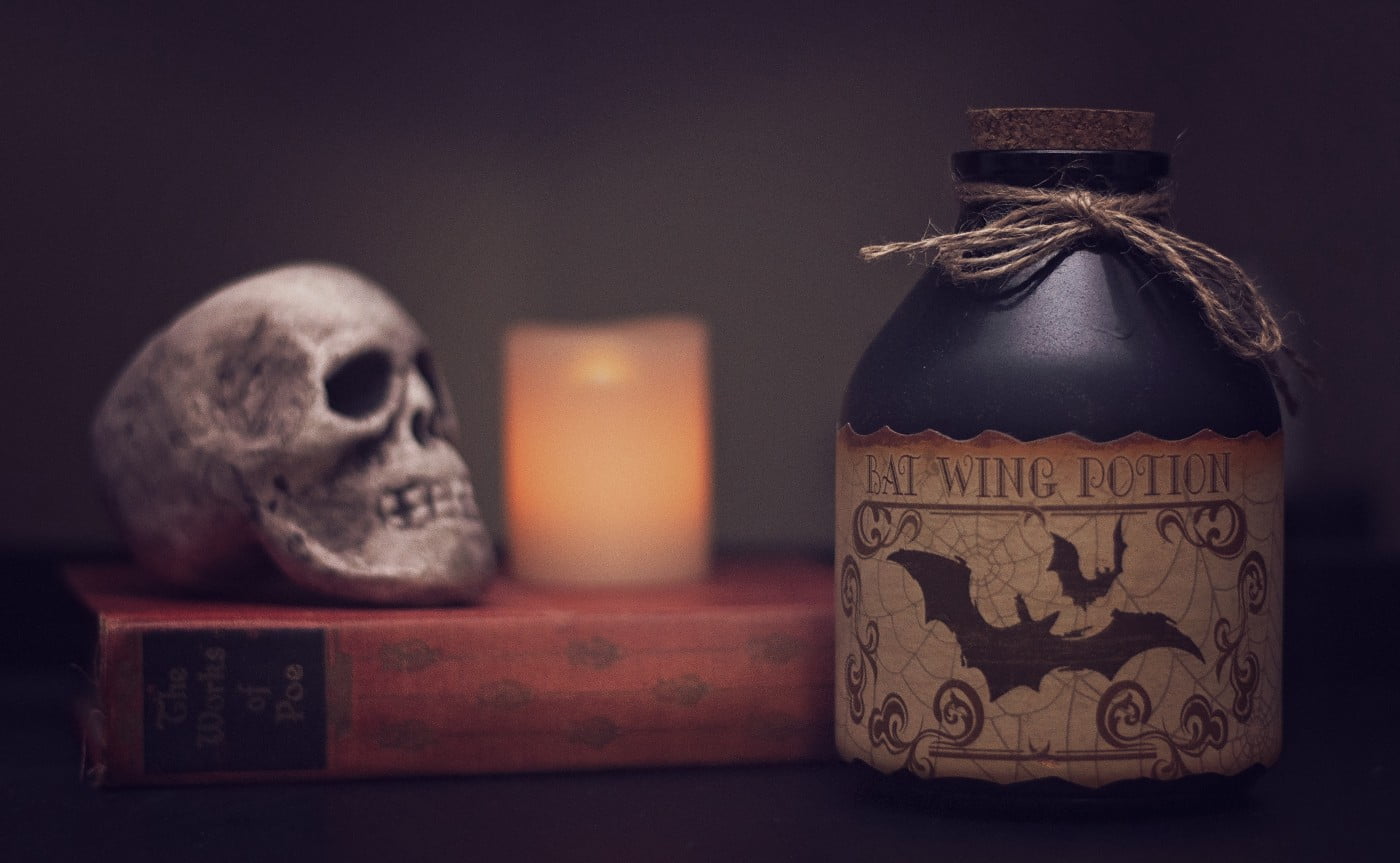
Writing Good Villians
It might seem like an oxymoron, but even villains need to be good characters.
So you’re writing a story. It might be a novel or it might be a short story. It could be fantasy or thriller. Maybe a mystery novel or a science fiction masterpiece. But whatever your story is, it likely has a villain.
The word villain might be a little too strong. Sure, it’s accurate, but in the literary world, we usually call them the antagonist. Your villain is whoever is working against your main character, or protagonist, in the story. Some genres definitely lend themselves to having clear cut villains more than others. When you think of Pride and Prejudice, your mind probably doesn’t automatically identify the villain. But when you think of Star Wars, you undoubtedly think of Darth Vader (at least at some point in the thought process.)
But what makes a villain good? Not good, as in good versus evil, but good as in memorable and understandable? It has a lot to do with motivation, just like any good character development does, but it has to do with so much more.
Good villains are complex
Any good villain in a story is complex. Too often, writers don’t focus on the villain. They put all their effort into creating complex main characters and forget to do the same for the villain in their story. So don’t be like those writers.
One of my favorite examples of this is Regina from Once Upon a Time. Most viewers started off the show despising Regina. She was everything bad that Emma was not. She repeatedly hurt those she claimed to love and was selfishly after her own best interest. But as time went on, we started to see that there was a lot more to Regina than met the eye. This “more to” aspect doesn’t have to come across at the beginning of your story. At first, let the readers, and your main characters, hate the villain. Then slowly reveal more, and make it more complicated. Make the character complex, so that sometimes we hate them, and sometimes we sympathize with them.
Good villains are relatable
So how do you write a villain that readers sympathize with? This might seem like an insurmountable task, but it’s really not that hard. Even the evilest people you can think of have some good in them — even if it’s minuscule. And even the best people you can think of, have a little bit of bad in them, too. We are all humans and have the capacity for both good and bad. So write your character that way. Give them an understandable back story. One filled with things that are both memorable to readers — things that they might have seen or lived through in their own lives in some way — but are also explanations of how your villain ended up being so bad. Write characters who had unfortunate childhoods that could have led them to be intensely charitable people, if it wasn’t for one wrong turn on the winding road of life.
Good villains are human
You read that right. And no, this doesn’t mean that you can’t have a dragon villain in your fantasy novel. But it means that they need to have human characteristics and flaws. That is how we human readers relate to complex characters. Characters should grow and change as human beings do. Readers often grow up with your characters — one of the most common types of books is the coming of age book. And even if your characters are full-grown adults, they can still change and grow. Maybe they weren’t all bad at the beginning of your book, but they slowly became more of a villain as time went on and things kept happening that shaped their behavior. Maybe they are like Regina in Once Upon a Time and start at their evilest but end up learning and becoming a better person as relationships and plots thicken. You get to choose, but good villains are not static characters.
Good villains are developed
Make that back story that explains your character’s motivations! Weave bits and pieces of what built them into the person they are into your story. Develop the villain with the same thought and care you put into your protagonist. Create an autobiography of the bad guy from his point of view, and let it influence his actions when he sees your main character in their point of view. Don’t forget about the villain. They’re a character, too, and they need to be developed to their full potential.
So as you write the next great bestseller, don’t sell your villain short. They may not be your favorite character, they may not be your readers’ favorite character, but they are a character in the world and plot you’ve created, so don’t let them fall flat in an otherwise vivid story. You can do better than that.




